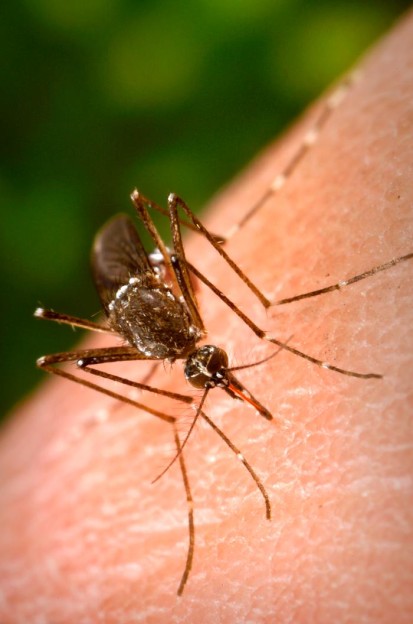With an increase of more than 20,000 chikungunya cases during the past week, the South American country of Colombia has surpassed 200,000 suspected and confirmed cases since the first autochthonous case was reported in July 2014.

Colombia saw a jump of 20,389 cases bringing the country’s total to 205,424 cases, by far the most on the South American continent and clearly, the country being hit hardest by the mosquito borne virus in recent months.
Health officials in regions where chikungunya is rampant, the crippling joint pain of the virus is ever present. According to a El Tiempo report (computer translated), between 88 and 100 per cent of people have some joint involvement during the acute phase of the disease.
What’s worse, even after the acute phase of chikungunya passes, up to 30 percent of those infected continue with joint pain, which reappears sporadically. And three to five years after infection, between 10 and 12 percent can be sequelae.
The Colombia Ministry of Health projects that the country will see between 900,000 and one million people affected during this first phase of the chikungunya epidemic. So this could mean an estimated 90,000 people may suffer from chronic chikungunya.
And the price tag for this does not come cheap. Research says treatment of the chronic phase could cost near $1000 monthly.
Considering the numbers of people affected with the arthritis-like viral illness, the population seems rather cheerful. This is demonstrated by music videos with local rhymes about the chikungunya ailments–Watch video HERE
One hotel clerk in Cucutá said, “We’re the happiest people on Earth. We’re not going to let the aches stop us from laughing.”
The City Paper Bogotá calls chikungunya a “democratic disease” affecting all–The young and elderly, the wealthy and impoverished, everyone.
Chikungunya is a viral disease transmitted by the bite of infected mosquitoes such as Aedes aegypti and Aedes albopictus. It can cause high fever, join and muscle pain, and headache. Chikungunya does not often result in death, but the joint pain may last for months or years and may become a cause of chronic pain and disability.
There is no specific treatment for chikungunya infection, nor any vaccine to prevent it. Pending the development of a new vaccine, the only effective means of prevention is to protect individuals against mosquito bites.


4 thoughts on “Colombia chikungunya outbreak tops 200,000: Chronic joint pain and music videos”